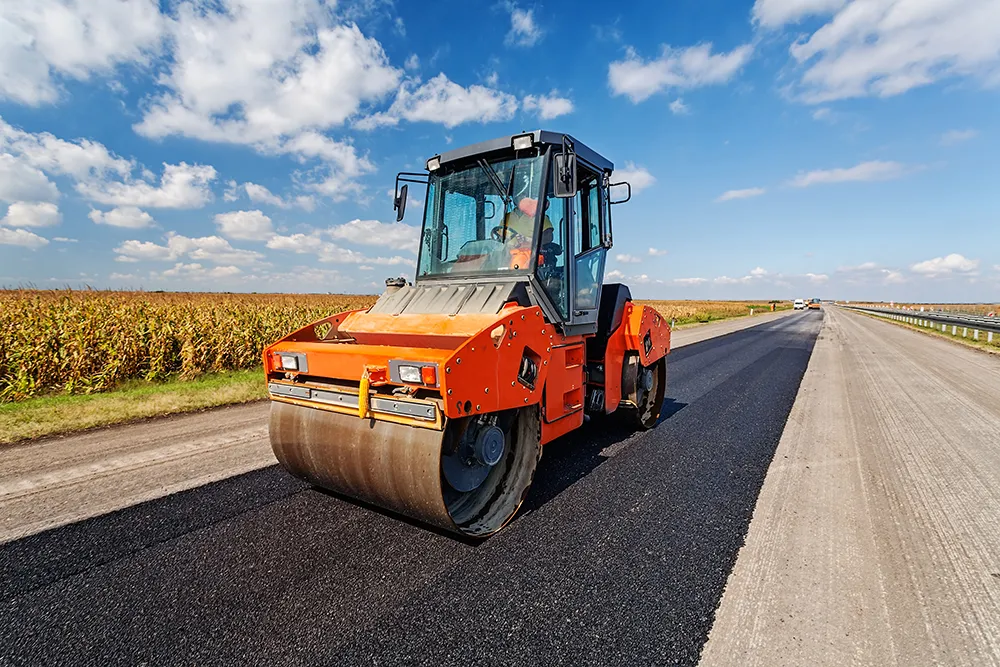Mobility is essential for prosperity. How the transport industry will respond to future needs was debated by ERTRAC
How will we travel in 2030? That question was posed in a debate on future scenarios of road transport during the launch of the 'Road Transport futures 2030 initiative,' organised in Brussels recently by ERTRAC (the European Road Transport Research Advisory Council).
February 23, 2012
Read time: 4 mins

Mobility is essential for prosperity. How the transport industry will respond to future needs was debated by ERTRAC
How will we travel in 2030? That question was posed in a debate on future scenarios of road transport during the launch of the 'Road Transport futures 2030 initiative,' organised in Brussels recently by ERTRAC (the European Road Transport Research Advisory Council).In 2030 there will be new technologies, and more attention to sustainability, but we will certainly not eradicate the need to travel, said the moderator Manuel Battista of Route One Publishing.
Professor Mike McDonald, who directed for many years the Transportation Research Group at the University of Southampton, UK, and has been responsible for some 100 research contracts for
In his research work 'Common Sense Scenario," McDonald assessed the relevant published reports on the future of transport and did an analysis of the general and the specific factors that will shape the future of transport.
Today the transport sector needs to change because of the greater appreciation of climate change issues, the uncertainties about the cost and availability of energy, the uncertainties about economic conditions, the population changes and consumer expectations. In other words, said Professor McDonald, business as usual is no longer business as usual.
But what will be the consumer's expectations for road transport in 2030? McDonald asked this question to Anna, an eight-year old Swedish child, the consumer of tomorrow. Anna's vision is that of an urban world where technology is advanced, the fuels will be renewable and efficient, and vehicles will be intelligent.
According to Ken Rose, technical coordinator at CONCAWE, the oil companies' European association for environment, health and safety in refining and distribution, the key factors that will shape the way we will travel tomorrow are energy and environment. Nevertheless, all data indicate that the need for road transport, as for transport in general, is due to increase significantly in the future. Road transport will remain fundamental and the key fields for R&D will be fuel-efficient engines and vehicles, sustainable, renewable and efficient energy supplies and the Carbon Capture and Storage technologies (CCS) for power generation and fuel manufacturing.
The vehicles of tomorrow will be asked to have lightweight and inexpensive energy storage with fast recharging, advanced materials for efficiency and safety while, on the side of the infrastructure, there will be efficiently integrated transport systems where a key role will be played by information and communication technologies.
Helen Niklasson, environment and chemistry manager at
The field of safety is also going to change, said Gianfranco Burzio, project manager vehicle system at the Centro Ricerche
Statistic data show a decrease in road deaths, but to maintain the trend safety engineers have to cope with the change of technology. Actual vehicles have reached a good level of passive safety but in 2030 cars will be quite different, using electricity, gas or hydrogen and having a different size and weight. Therefore future scenarios will require new safety approaches in new mobility solutions, like advanced drivers support system.
Sylvain Haon, executive director at POLIS, the network of European cities and regions which promotes innovation in local transport, presented a study on urban mobility in 2030 and beyond. In the future, said Haon, the management of demand for mobility will be fundamental to match the available network capacity, and the efficiency on the networks.
During the debate all the speakers were questioned by the audience on specific subjects. The future scenario of transport remains an interesting and open field of research, as climate change and energy and environmental policy augment their importance in the public debate. In any case, mobility will remain essential for prosperity and to meet social needs.








